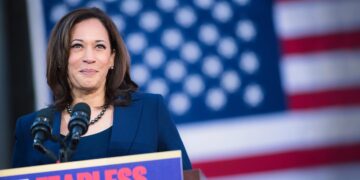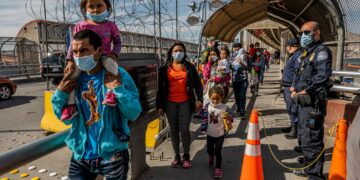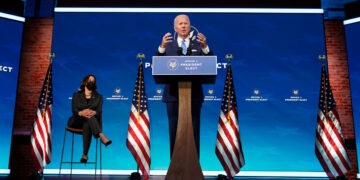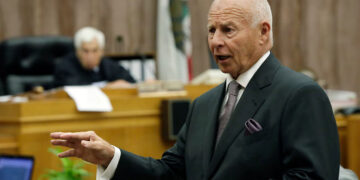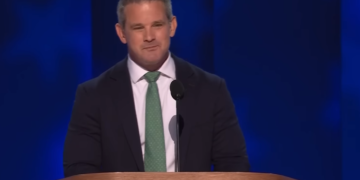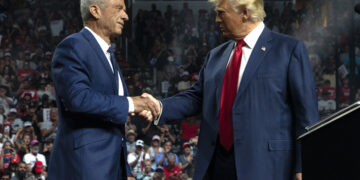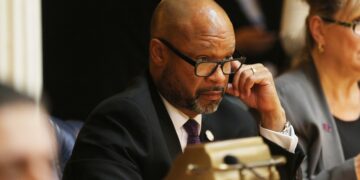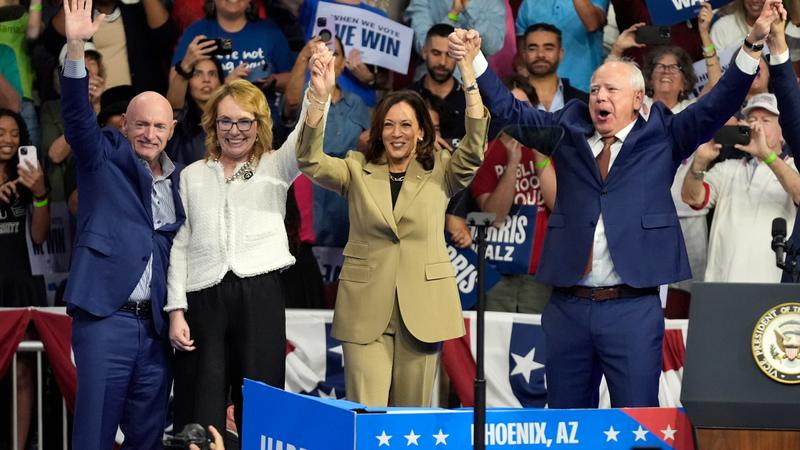The debate around voter ID laws in the U.S. has been a contentious issue, with strong opinions on both sides. Proponents of these laws argue that they are necessary to secure elections and prevent fraud, while opponents claim that they disproportionately affect marginalized communities, making it harder for them to vote.
Recently, the discussion took an interesting turn when it was reported that attendees of a Harris-Walz rally in Arizona were required to present a government-issued photo ID to gain entry. This has raised questions about the consistency of the stance against voter ID laws.
Vice President Kamala Harris has previously expressed concerns about voter ID requirements, emphasizing the challenges they pose, especially for people in rural areas who might find it difficult to access services like photocopying to provide the necessary documentation. She highlighted the need for people to prove their identity, but also pointed out the potential barriers these laws create.
The requirement of ID for entry to a political event raises questions: If ID is required for security at an event, why is it considered problematic when applied to voting? Is there a double standard at play, or are these two scenarios fundamentally different?
The voter ID debate continues to be a polarizing topic, with valid concerns on both sides. The key issue remains finding a balance between securing the integrity of elections and ensuring that all eligible citizens can exercise their right to vote without undue burden.

